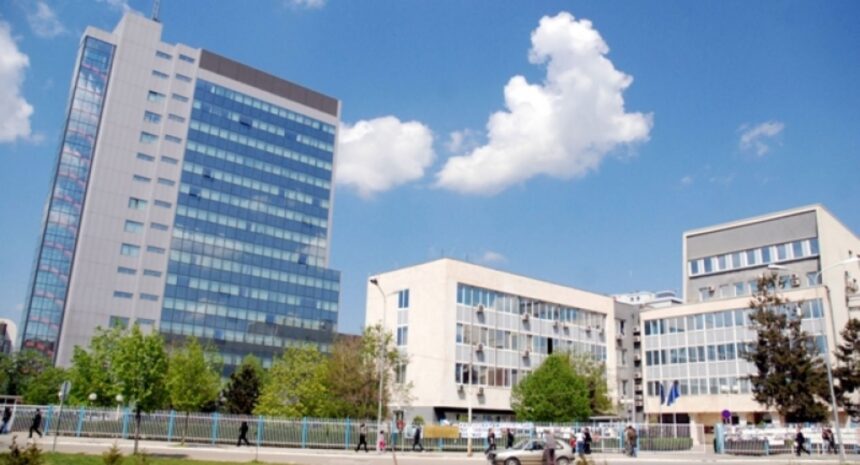The ongoing institutional deadlock, which has left Kosovo without newly formed institutions following the elections, is being described by civil society as unprecedented and deeply concerning.
Mexhide Demolli-Nimani, director of the civil society group Lëvizja Fol, told Ekonomia Online that Kosovo has never experienced a situation like this, where repeated efforts to constitute the Assembly have failed, deepening the political crisis and fueling uncertainty among citizens.
“What is absolutely necessary is closer cooperation among all political parties,” Demolli-Nimani said.
“This deadlock is clearly not going to be easily resolved. We need alternatives from opposition parties as well, which—based on statements from Vetëvendosje—seem unwelcome. Kosovo has never experienced such a blockade before, and it is truly regrettable.”
She voiced serious concern about the impact of this paralysis on citizens’ daily lives, who are already facing severe economic and social challenges.
According to her, the current institutional crisis requires an immediate solution, and all political actors must take shared responsibility to overcome the impasse that is “damaging every aspect of life in the country.”
“This people does not deserve such institutional gridlock. We are dealing with serious issues that urgently require a functioning government—starting with the rising cost of electricity and the overall surge in living expenses. Unfortunately, there is no current government that is actively focusing on easing the burden for those who have chosen to stay and live in Kosovo.”







